Iran-Russia strategic partnership cornerstone of shift toward new world order
By Nahid Poureisa
The 1979 Islamic Revolution in Iran marked a transformative moment, founded on the principles of justice, equality, and the liberation of nations from imperialist control.
It marked a rejection of Western colonization and exploitation, aiming to create a world where sovereignty and human dignity were upheld, free from foreign and outside interference.
The values of the great revolution—self-reliance, resistance to imperialism, and solidarity with the Global Majority—continue to guide Iran’s approach to international relations today.
As Iran approaches the 46th anniversary of the 1979 Islamic Revolution, it stands as both a regional power and an ally to nations that share its vision of a just global order.
Weeks before this anniversary, Iran has reaffirmed its strategic partnership with Russia, sending a clear message to the world: it is not only a regional force, but also has strong global partners, charting its own pathway toward the worldview envisioned under the 1979 revolution.
The presidents of the two countries on Friday signed a comprehensive strategic partnership agreement for long-term cooperation, which President Masoud Pezeshkian said has been drawn up based on the mutual interests of the two countries.
Iran and Russia have long shared a close partnership, particularly in military, nuclear, and defense technologies. However, their evolving alliance goes far beyond these fields, reshaping regional geopolitics and creating a stronghold for the Global Majority—nations that seek a democratic world order where justice and sovereignty are prioritized
This partnership is an essential step in challenging the imperialist structures that dominate global politics.
Strategic partnerships are built on shared defense collaboration, but also on aligning economic and geopolitical interests. For years, Iran has endured the harsh impacts of Western sanctions.
Negotiations with imperial powers have been futile, as evidenced by the violation of agreements by the United States that Iran made in good faith. Iran is now focused on self-reliance and the development of partnerships that align with its vision of a democratic world order.
The draconian sanctions imposed by Western powers are part of a larger imperialist project. While they claim to engage in diplomacy, they continue enabling injustice globally, as seen in Palestine. This stark reality underscores the urgency of seeking reliable alliances with countries that share Iran’s vision for a fairer world order.
If the imperialist powers are not our allies, then who are? The true allies of Iran lie in the Global Majority, including nations like Russia, China, and others in the Global South.
President Masoud Pezeshkian has held talks with Russian President Vladimir Putin in Moscow
— Press TV 🔻 (@PressTV) January 17, 2025
The two are expected to sign an agreement on a comprehensive strategic partnership between Iran and Russia shortly pic.twitter.com/7w4LIFMC2O
These countries share Iran’s vision for a democratic world order—one in which human rights are respected and sovereignty is upheld. This vision is rooted in the values of the 1979 Islamic Revolution, which fought for the rights of the majority, not the elite, and for a world free from debt and subjugation.
The Iran-Russia partnership is founded on shared principles and mutual resilience:
- Opposition to a Unipolar World Order: Both Iran and Russia resist the dominance of any single superpower, particularly the United States. Together, they aim to use their strategic partnership to challenge the unipolar world order and foster a more balanced global system. By aligning their efforts, Iran and Russia amplify their influence and push for a global order that promotes greater sovereignty for nations, reducing the control of a single dominant power.
- Resistance to NATO Expansion: NATO’s expansion represents a direct challenge to both Iran and Russia’s regional security. While Russia sees NATO as a threat to its borders, Iran views NATO’s encroachment in West Asia as destabilizing. Both countries are united in opposing NATO's militarization.
- Advocacy for De-dollarization: A shared commitment to de-dollarization is central to the Iran-Russia partnership. Both nations have been severely impacted by sanctions that utilize the US dollar as a tool of economic warfare. By working together to establish alternative financial systems, they aim to reduce dependency on the dollar and challenge its hegemony. This effort represents not just an economic strategy, but a political act of resistance against Western dominance.
- Natural Resource Enrichment: Both Iran and Russia are rich in natural resources, making them central to their economic and strategic strength. Russia is the world’s second-largest natural gas exporter and third-largest oil producer. Iran, with its vast oil and gas reserves, has similarly strengthened its economy despite sanctions. Additionally, both countries have robust petrochemical industries. Iran is a key player in West Asia’s petrochemical market, exporting products worth around $10 billion annually, while Russia’s petrochemical sector generates over $50 billion each year. These natural resources not only fuel their economies but also provide leverage in the global energy market, enhancing their strategic partnership.
- Geopolitical Corridors and Regional Connectivity: Beyond defense and economic ties, Russia and Iran are collaborating on important infrastructure projects like the North-South Transport Corridor (NSTC), which aims to improve trade and regional connectivity between Iran, Russia, and neighboring regions, particularly Central Asia and the Indian subcontinent. The NSTC will significantly reduce shipping costs and transit time by providing an alternative route that bypasses the traditional Suez Canal route, which is controlled by Western powers.
Leader favors expansion of interaction between Iran, Russia: Pezeshkianhttps://t.co/HZBicJ40UG
— Press TV 🔻 (@PressTV) January 17, 2025
The Iran-Russia partnership is a powerful example for the Global Majority, providing a model for nations to resist imperialism and challenge the status quo:
- A Concrete Example of Sovereignty: The successful collaboration between Iran and Russia inspires other nations to assert their sovereignty and resist external pressures. Both countries have endured sanctions but have chosen to fight back, refusing to comply with Western demands. This resistance offers hope and a blueprint for other nations, especially those in the Global South, to pursue paths of self-reliance, grow their economies, and develop technologies on their own terms.
- Trilateral Agreements: Iran’s expanding relationships with Russia and China create opportunities for trilateral agreements that strengthen the collective resistance against imperialist powers. By aligning their political, economic, and strategic interests, these three countries form a united front that challenges the existing global power structures. This cooperation offers a platform for other nations to join, expanding the influence of the Global Majority and pushing for a more just global system.
- Strengthening BRICS: Closer ties between sanctioned countries like Iran and Russia are accelerating the establishment of an alternative financial system within the BRICS framework (Brazil, Russia, India, China, and South Africa). BRICS, which represents over 40% of global GDP, is a potential challenger to the U.S.-dominated financial system. By cooperating on trade, investment, and financial transactions, these countries are laying the groundwork for an alternative payment system that bypasses Western-controlled institutions like SWIFT and the IMF. The collective power of BRICS can dismantle the hegemony of the U.S. dollar and create a fairer trade platform for all nations.
The presidents of Iran and Russia have signed a comprehensive strategic partnership agreement for long-term cooperation.
— Press TV 🔻 (@PressTV) January 18, 2025
Read more: https://t.co/3XVWZ0eWbs pic.twitter.com/G8uk3ZwCcR
The Iran-Russia partnership is a cornerstone of the global shift toward a democratic world. Together with other nations in the Global Majority, Iran and Russia are dismantling the imperialist structures of control, including the IMF and FATF. A de-dollarized economy offers stability, shields nations from sanctions, and promotes equitable development.
This partnership is more than a bilateral alliance; it is a beacon of hope for nations seeking independence from imperialist powers. Together, Iran, Russia, and their allies are building a future where sovereignty, equality, and justice prevail.
This is the legacy of the 1979 Islamic Revolution, which was grounded in the principles of anti-imperialism, self-reliance, and social justice. The revolution called for the rights of the oppressed to be recognized, for nations to be liberated from foreign domination, and for a world where all countries could chart their own course.
This revolutionary spirit continues to guide Iran as it works to establish a democratic world order—one where the dignity and prosperity of all nations take precedence over the interests of imperialist powers.
Nahid Poureisa is an Iranian analyst and academic researcher focused on West Asia and China.
(The views expressed in this article do not necessarily reflect those of Press TV.
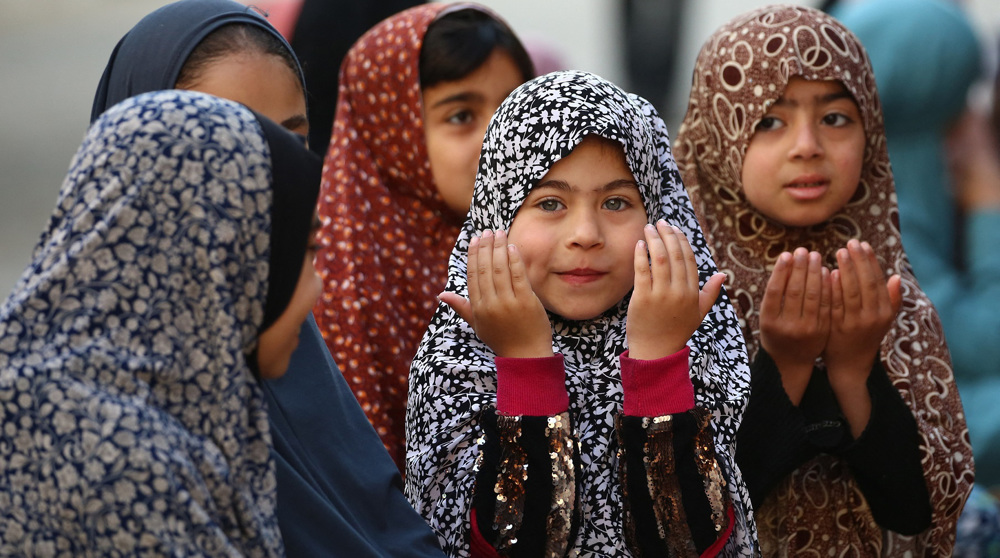
Iran FM calls for more unity, empathy among Muslims in Eid message
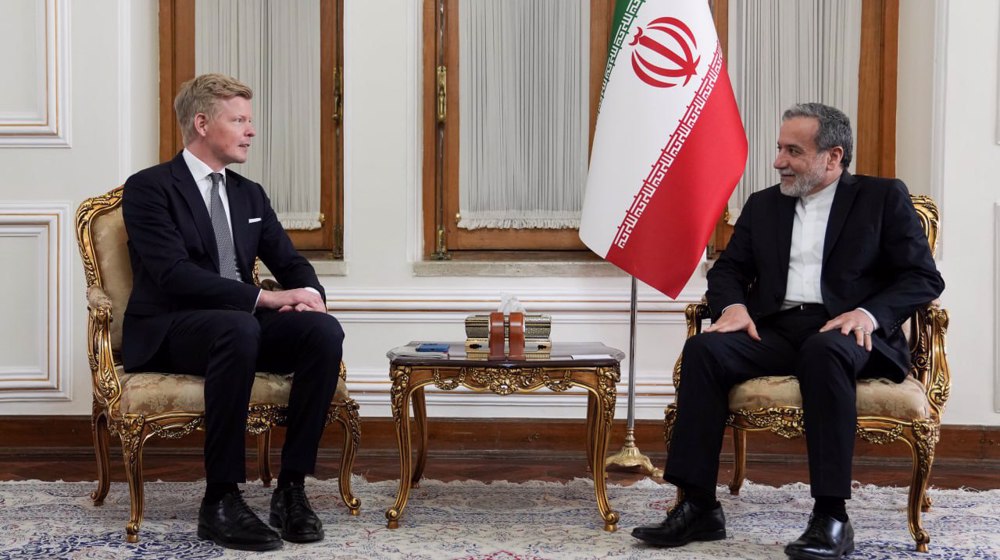
Iran: US complicit with Israel in spreading regional insecurity
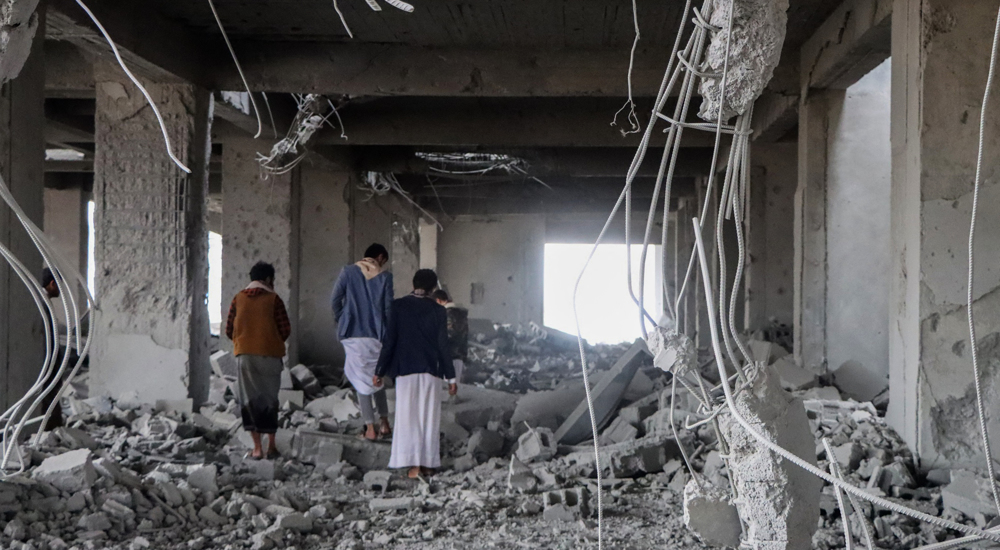
Dangerous situation: US must stop heavy attacks against Yemen
Eid al-Fitr celebrated in Iran, other countries as holy month of Ramadan comes to a close
VIDEO | Land Day protest in New York for Palestine
VIDEO | Press TV's news headlines
VIDEO | Austrian petition demands expulsion of Israeli envoy
American warplanes bomb Yemeni capital 13 times
VIDEO | Palestinians mourn loved ones on day of Eid
Defying ICC arrest warrant, Hungary scheduled to host Netanyahu
VIDEO | 'Israeli regime deliberately targets health workers'


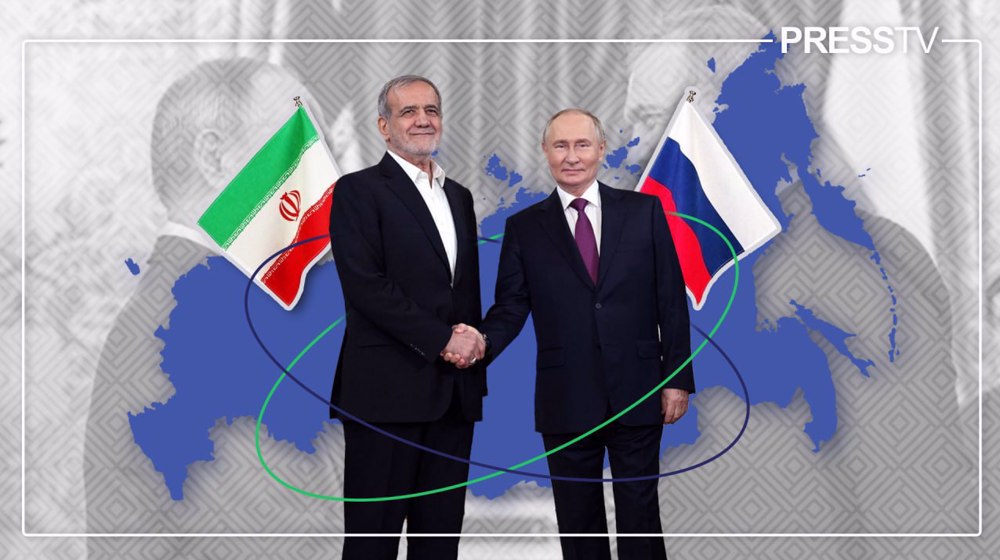



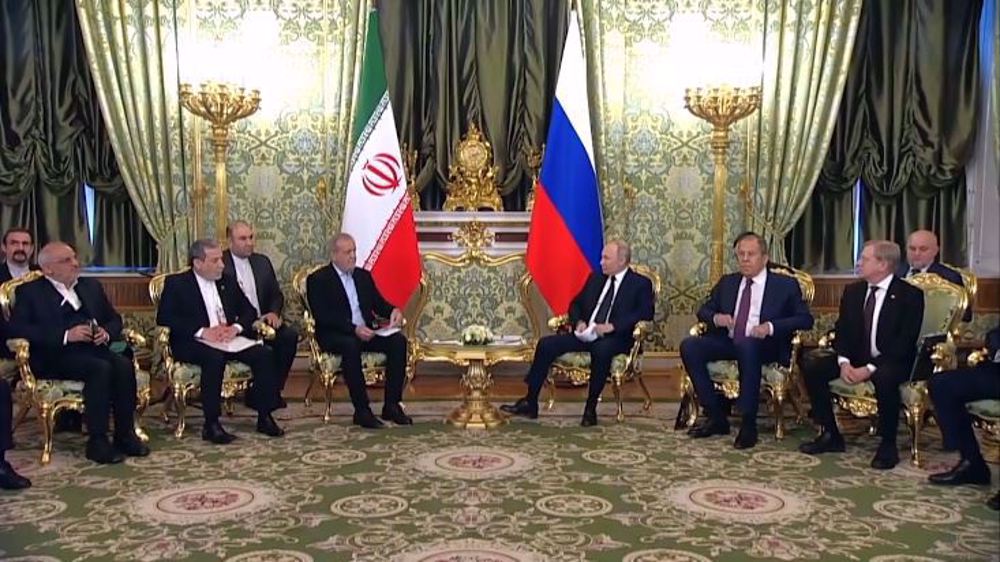
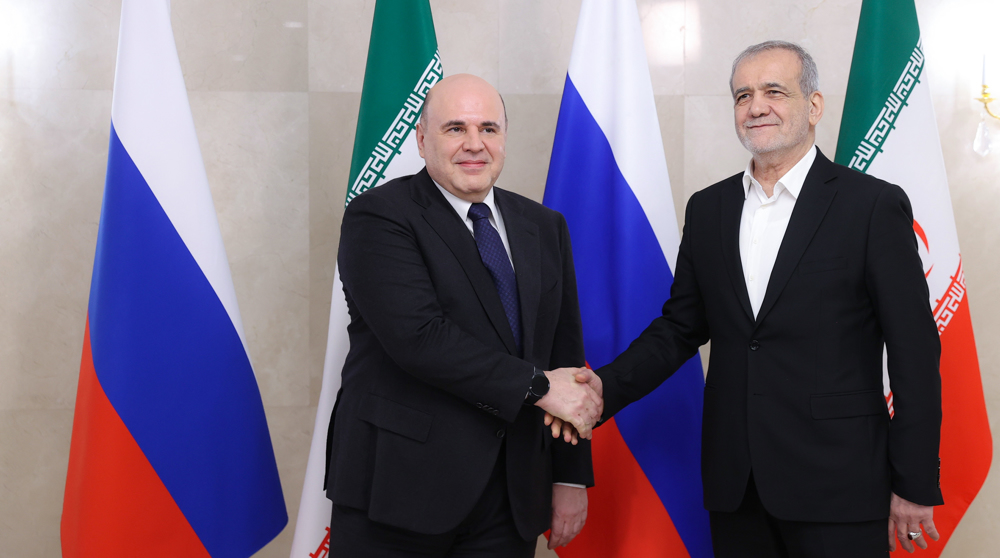

 This makes it easy to access the Press TV website
This makes it easy to access the Press TV website